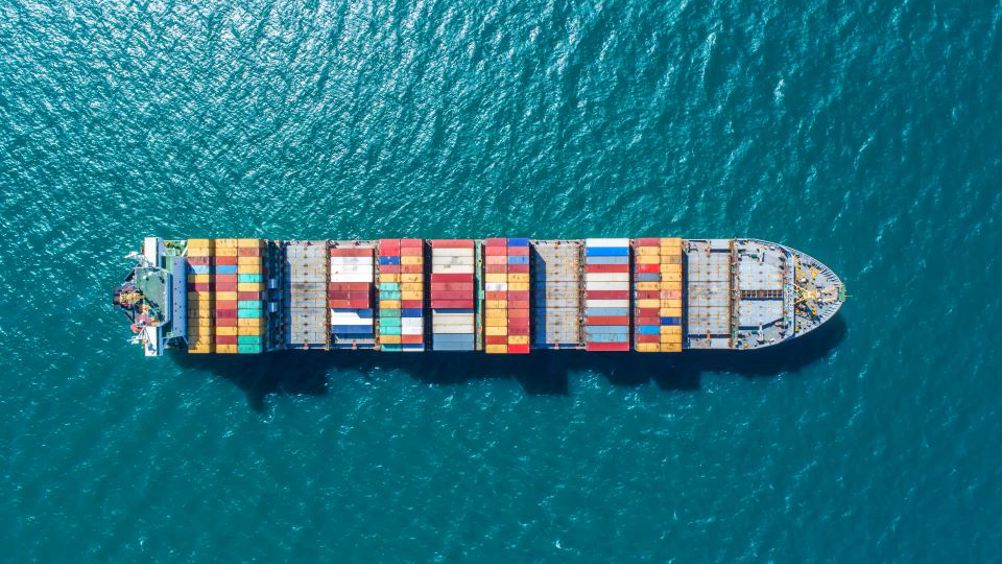Nations agree to develop international green shipping corridors
International zero-emission shipping routes will be developed following an agreement between the UK, US, Norway, and the Netherlands to roll out green maritime links between the countries.

Agreed at COP27 in Sharm el Sheikh, Egypt, the green shipping corridors will be specific maritime routes decarbonised from end to end, including land-side infrastructure and vessels.
Setting up routes will involve using zero-emission fuel or energy, installing refuelling or recharging infrastructure at ports, and deploying zero-emission capable vessels to demonstrate more environmentally-friendly shipping.
The UK and the US are also launching a Green Shipping Corridor Task Force focussed on bringing together sector experts, encouraging research and development, and driving work and projects to see these initiatives realised more quickly.
Committing to roll out green shipping corridors will help the sector to comply with the Paris Agreement goal of limiting global temperature rise to 1.5°C by the end of the century, and follows the UK-led Clydebank Declaration at COP26, a global initiative to provide a framework for governments to establish zero-emission shipping routes between ports.
In a statement, transport secretary Mark Harper said: “The challenges posed by climate change are clear and the need to decarbonise maritime has never been greater.
Register now to continue reading
Thanks for visiting The Engineer. You’ve now reached your monthly limit of news stories. Register for free to unlock unlimited access to all of our news coverage, as well as premium content including opinion, in-depth features and special reports.
Benefits of registering
-
In-depth insights and coverage of key emerging trends
-
Unrestricted access to special reports throughout the year
-
Daily technology news delivered straight to your inbox










Water Sector Talent Exodus Could Cripple The Sector
Well let´s do a little experiment. My last (10.4.25) half-yearly water/waste water bill from Severn Trent was £98.29. How much does not-for-profit Dŵr...